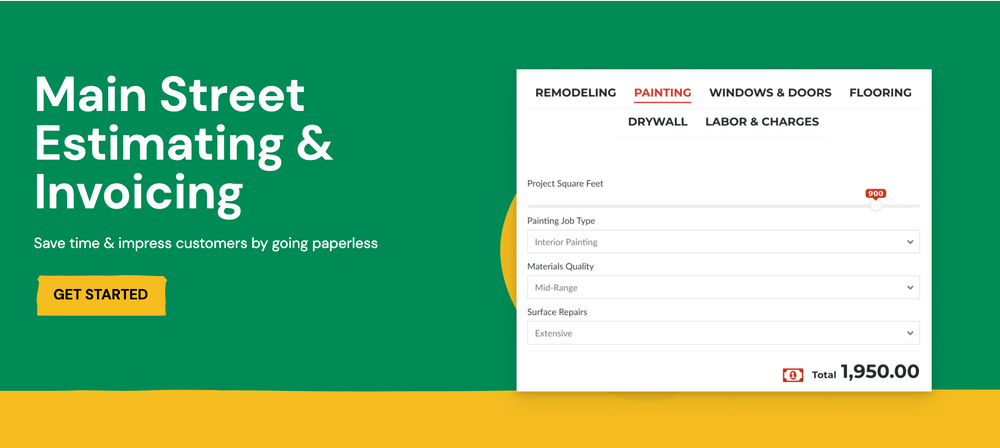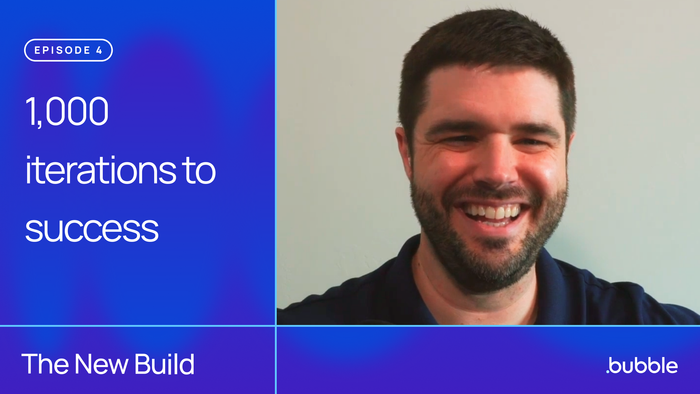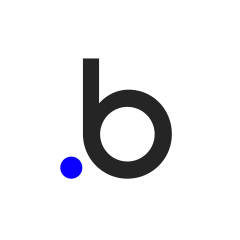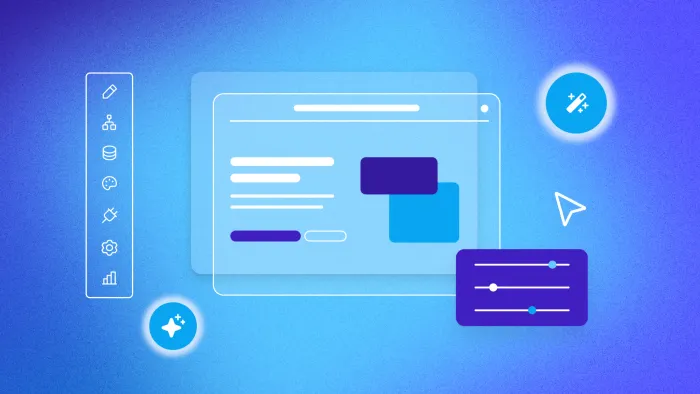John Jacob is a software engineer whose father ran a pest control business. Coming from a family in home services, John helped digitize his family’s business and later sold that business to work in the world of startups full-time. Now, John leads the effort to revolutionize the home services industry with his company Main Street, which he describes as the “Shopify for Home Services.”
Main Street helps people start their own home services with a “business in a box” model, offering an alternative to franchising or building their own business from scratch. Main Street gives home services entrepreneurs everything from a proven playbook for training, marketing lead generation, to operational assistance for bureaucratic matters (paperwork, subcontracting, etc). They currently offer support for starting painting businesses, but plan to expand to roofing, handiwork, moving, and more.
We dive deeper into the tech behind Main Street’s end-to-end solution, built with the help of Bubble’s no-code web app platform.
Want to build your own web startup without engineers? Try Bubble today for free.

When the 2020 coronavirus pandemic hit, Main Street had to lay off everyone except the core team – while still trying to push new features on their platform. They were building a full end-to-end solution quickly with a small team and limited funds. That’s where Bubble’s no-code web app platform helped fill in the gaps.
At the time, Main Street's CEO wanted to build an Estimate Engine, a tool for users to create accurate estimates and send them to a homeowner. John felt this was out of scope for him and one engineer to do solely on their own. So they explored trying a no-code solution like Bubble to make building the tool quicker and easier.
“As an engineer, I was very dismissive of the no-code/low-code space at first,” said John, who felt the most popular tools like Webflow or Squarespace did not meet his needs to build custom digital businesses.
Explore Main Street's end-to-end solution for aspiring home services professionals today!
But with the help of a no-code agency, they were able to build an Estimate Engine and get the tool integrated with the rest of Main Street’s custom-coded solution. John was impressed with how iterative and quick it was to build in Bubble with just one designer and one operations person.
They picked Bubble over other no-code solutions because they needed to integrate their data and authentication with their existing tech stack, built with Ruby on Rails. Bubble’s backend APIs to their database allow for seamless integration from their Estimate Engine tool to the rest of their product.
Bubble quickly demonstrated the hard parts of software, leaving John more time to focus on the hardest parts of any startup: getting product market fit and user experience right.

“We had a gap in our product. We needed this one tool to hit this end-to-end solution we were trying to build,” he said. “We have a tool now, where we would not have a tool otherwise.”
Using Bubble to build the estimate tool to fill this key gap, Main Street was able to validate their end-to-end solution. With this validation, Main Street was able to utilize their $2M in venture funding efficiently and close a second round of funding. Their goal is to expand to more than 100 business owners on their platform and expand the types of home services offered.
“We were able to solve a business need - and it didn’t tax my engineers.”
On startups and entrepreneurship
When thinking back to his own early startup years running an online pest control company, John believed “if Bubble had existed then, I would have been able to move so much faster and had way more leverage.”
John, like the entrepreneurs and early-stage companies Main Street supports, has his own advice for how to get started building your own business.
“I used to say every startup should begin with a Squarespace website and a spreadsheet,” said John. “My new recommendation is: just go learn Bubble.”
“Most people don’t want to be looking for a technical cofounder - most of them want a product,” John said.
Offering people a simple solution to their needs is the goal of Main Street’s growing home services platform, and also why they chose to build with no-code tools.
Build for as long as you want on the Free plan. Only upgrade when you're ready to launch.
Join Bubble





